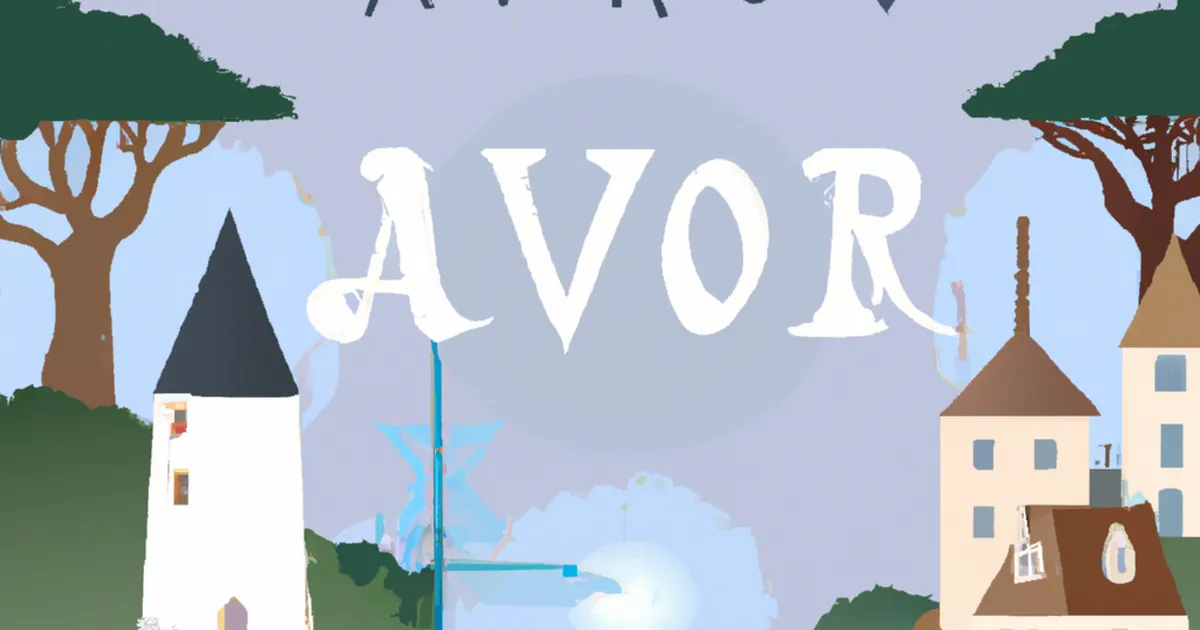
How to Conjugate the French Verb Avoir in the Passé Antérieur (Beginner’s Guide)
How to Conjugate the French Verb Avoir in the Passé Antérieur
The French verb avoir (to have) is one of the most important verbs you will ever learn. It is not only a common verb on its own, but also serves as the auxiliary verb for most French compound tenses.
In this guide, we will explain:
- What the passé antérieur (past anterior) is
- How to conjugate avoir in this tense
- Practical examples with English translations
- Why English speakers learning French should focus on it
Step 1: What Does Avoir Mean?
The verb avoir means to have in English. It is used to:
- Express possession
- J’ai un livre. → I have a book.
- Express age (in French, you “have” years)
- J’ai 20 ans. → I am 20 years old.
- Form compound tenses (auxiliary role)
- J’ai parlé. → I have spoken / I spoke.
Because of its dual role, avoir is one of the very first verbs French learners must master.
Step 2: Understanding the Passé Antérieur
The passé antérieur is a literary tense. You won’t hear it much in conversation, but you will find it in:
- Novels and stories
- Historical writing
- Formal academic texts
It expresses an action that happened before another past action, often introduced by words like après que (after), dès que (as soon as), or aussitôt que (as soon as).
In spoken French, people usually use the plus-que-parfait instead.
Step 3: Conjugation of Avoir in the Passé Antérieur
Since avoir is irregular, its conjugation in the passé antérieur must be memorized.
Here is the full conjugation:
- J’eus eu – I had had
- Tu eus eu – You had had
- Il/Elle/On eut eu – He/She/One had had
- Nous eûmes eu – We had had
- Vous eûtes eu – You (plural/formal) had had
- Ils/Elles eurent eu – They had had
Notice the repetition: eu is the past participle of avoir.
Step 4: Examples With English Translations
Here are some clear sentences to see how avoir works in context:
-
Dès que j’eus eu la réponse, je la partageai avec mes amis.
(As soon as I had had the answer, I shared it with my friends.) -
Quand tu eus eu l’occasion, tu partis en voyage.
(When you had had the opportunity, you went traveling.) -
Il eut eu assez d’argent pour acheter la maison.
(He had had enough money to buy the house.) -
Nous eûmes eu plusieurs discussions avant de décider.
(We had had several discussions before deciding.) -
Vous eûtes eu le temps de réfléchir à la proposition.
(You had had time to think about the proposal.) -
Elles eurent eu de la chance pendant le concours.
(They had had luck during the competition.)
Step 5: Usage Notes for English Speakers
- The passé antérieur is rarely spoken. Focus on recognizing it in reading.
- Avoir is irregular, so its forms don’t follow the usual -er verb patterns.
- In English, passé antérieur usually translates as “had + past participle.”
- Because avoir is also an auxiliary verb, mastering this form helps you read advanced French texts more confidently.
Quick Recap
- Avoir = to have (common and auxiliary verb)
- Passé antérieur = used in literature, before another past action
- Conjugation: j’eus eu, tu eus eu, il/elle eut eu, nous eûmes eu, vous eûtes eu, ils/elles eurent eu
- In spoken French → replace with plus-que-parfait
Practice Beyond Avoir
To reinforce your learning, try conjugating other verbs in the passé antérieur. For example:
- Parler → j’eus parlé (I had spoken)
- Finir → j’eus fini (I had finished)
- Prendre → j’eus pris (I had taken)
Comparing irregular verbs like avoir with regular ones helps you notice patterns.
Boost Your Learning With Our App
Learning French conjugation can be overwhelming, but practice makes it easier.
With our Conjuga, you can:
- Practice verbs like avoir across all tenses
- Listen to audio pronunciation for correct practice
- Test yourself with interactive quizzes
- Learn English translations alongside French examples
Download today and take your French learning everywhere you go!
Final Thoughts
Mastering the verb avoir in the passé antérieur may not be your top priority as a beginner, but it is essential for reading French literature, history, and advanced texts.
The more you practice, the more natural it will become to recognize and understand. Once you master avoir, you unlock the key to mastering hundreds of other compound tenses in French.
Stay tuned for more guides on French verbs, and keep building your skills step by step!



